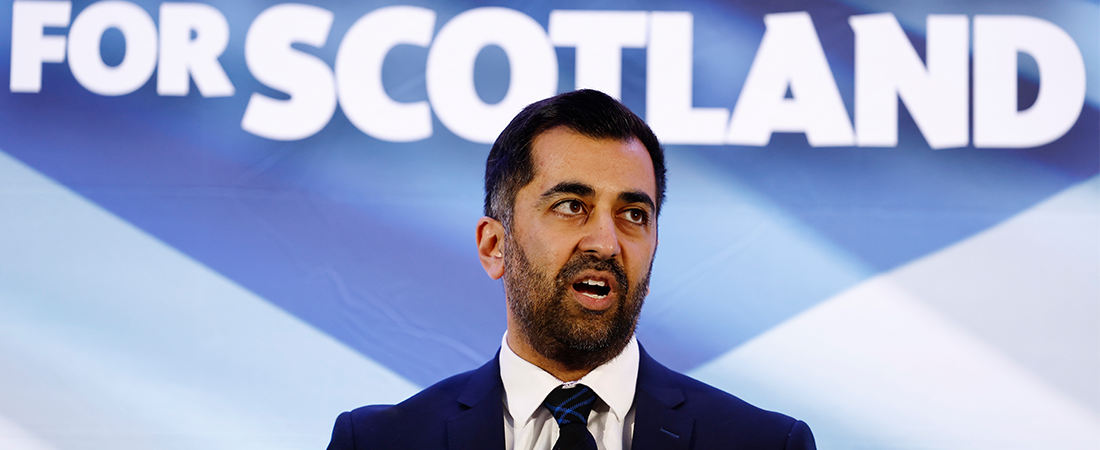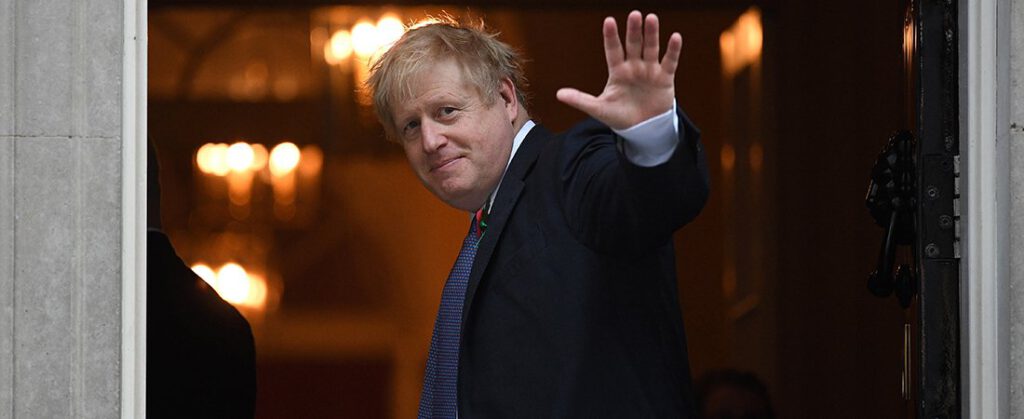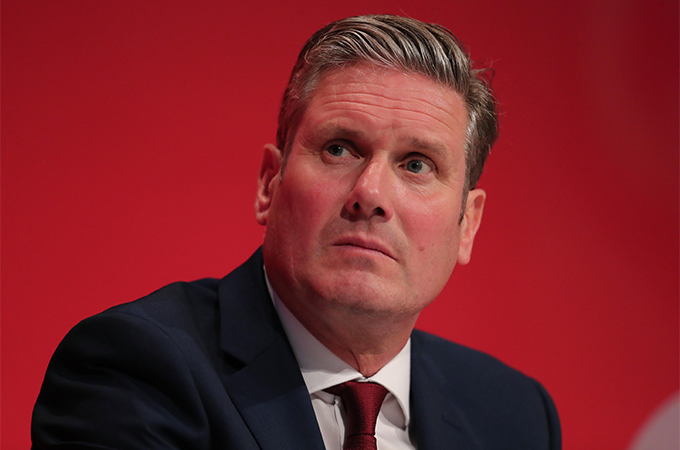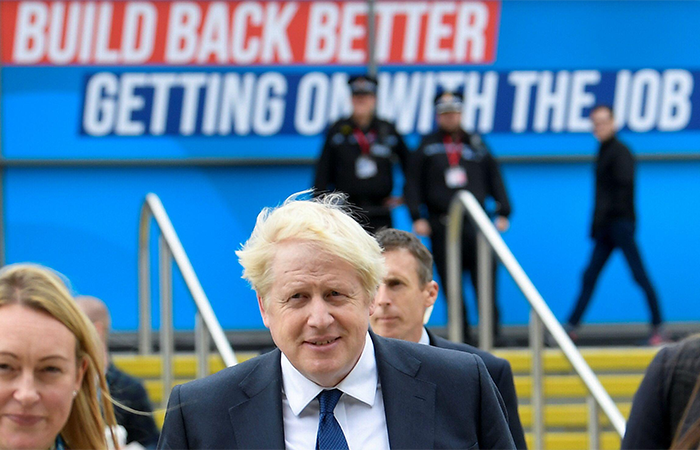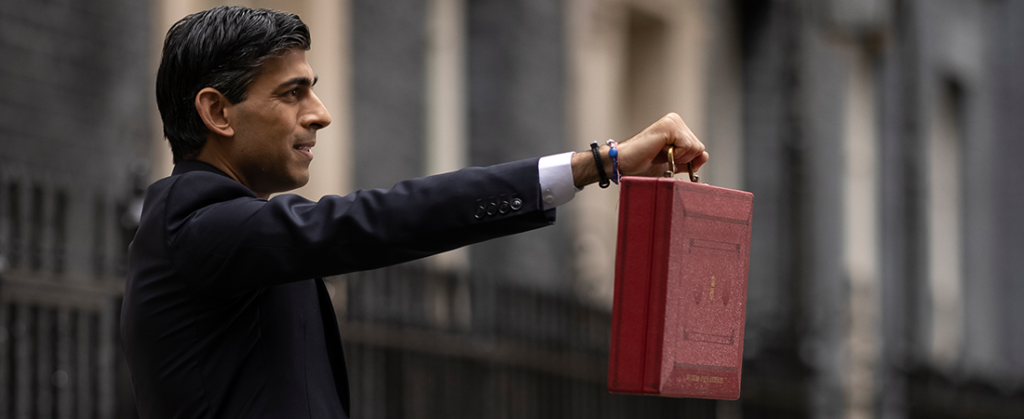This afternoon, members of the SNP returned a close but decisive ruling to appoint Humza Yousaf as its next party leader and, by default, the soon-to-be First Minister of Scotland.
This has been the first contested leadership race the party, and the country, have seen in 20 years and it shows. Despite being embattled in recent months, Nicola Sturgeon’s shock resignation was a massive loss to the SNP and since the announcement the party looks like it has been scrambling. In an attempt to prove themselves, each candidate tried to inspire confidence in their vision for Scotland, however the stark differences between their ideals and plans for the route to the SNP’s ultimate goal, independence, were apparent from the get-go.
The race was ultimately a close one between Forbes and Yousaf, suggesting that the progressive agenda the party has adopted and pushed in recent years at the behest of Sturgeon, and embraced by Yousaf, may not resonate with as many of its members as expected.
Where independence was once seen as a unifying issue, under the surface lies clear tensions calling into question whether or not these were stifled during Sturgeon’s premiership.
It has been a bruising contest, not only for the candidates but for the party. With recent inadequacies in its operations, such as its grip on membership numbers, also being uncovered during the race, throwing the SNP into further chaos.
In any case, the hard work for Yousaf has just begun as he inherits a bumpy and fractured Scottish National Party – one that is a “mess” in his own words.
Early reaction to the news
Party insiders are likely to have breathed a collective sigh of relief upon the announcement of Yousaf’s victory. Yousaf, a protégé of Sturgeon, benefited from the gears of the party machine behind him through significant backing from the SNP establishment. A loss would have signalled a huge disconnect between the rank and file and the leadership. Rumours in recent days circulated about a mass exodus of some key members of the SNP establishment if Forbes were to win.
His appointment has quelled fears that a Forbes victory would alienate the liberal support the party has counted on over the last ten years, owing to Sturgeon’s agenda, and potentially lead to the SNP hemorrhaging that support to Labour.
Equally, there are concerns that Yousaf could mark the beginning of “managed decline” for the SNP as he is seen as a less effective version of Sturgeon. Some believed that Forbes’ vision of change is what the party needs to recover.
Some party members have been despondent of late, contending with what feels like the end of an era and trepidation as to what lies ahead regardless of the result. In part, this is due to a lack of participation by senior party politicians in the race, raising questions of whether leadership at this moment is a poisoned chalice.
While there is a definite feeling of crisis averted among the SNP’s senior leadership, the closeness of the vote, a bruising contest, and clear divisions in the party’s membership present significant challenges.
Wider political implications
Westminster will have been keenly watching the outcome of the vote and the events that follow. This leadership election could puncture the SNP’s strength and dominance in Scotland, which the Labour Party is poised to take advantage of.
Although the Labour Party only holds one Scottish Westminster seat, its previous dominance, and the contentious SNP leadership election, has seen psephologists predict Labour could win twenty extra seats in the next UK General Election – minimising the hurdle Sir Keir Starmer faces to reach the office of the Prime Minister – and dampening the march of independence.
It is clear that Scotland is a priority for the Labour leader as he has reportedly been “very close in talks” with Scottish Labour leader Anas Sarwar as they discuss Labour’s election strategy for Scotland, with Starmer stating that it is “game on” in the country.
Sarwar is calling for a snap Holyrood election, arguing that Yousaf needs to seek his own mandate. Sarwar will look to portray Yousaf as “out of his depth and untrustworthy” which a few of his own SNP MSPs believe to be true.
Key to Labour’s campaign in Scotland will be to build on its historical presence in the country and convince the “soft unionist voters” who do not align themselves with the independence movement, but support the SNP due to their strong voice in the country.
The Conservatives, meanwhile, are likely to be pleased with the result – Humza is, to an extent, the devil that they know. Forbes represented a challenge for the opposition parties with the same attack lines used against Sturgeon not likely to work against Forbes, who has been colloquially called the “tartan Tory”.
The result also further strengthens the unionism argument as the SNP look to rebuild their reputation following the contentious leadership election and weakened position in Scotland.
Indeed, Yousaf suggested that he would not plan to hold the next general election as a ‘de facto referendum’ on independence, which is leading senior sources within the SNP to argue that independence is now more or less off the table in the short term. In the meantime, if Yousaf cannot unite the party, improve public services and fight off Labour, momentum in favour of independence may be hard to resurrect.


